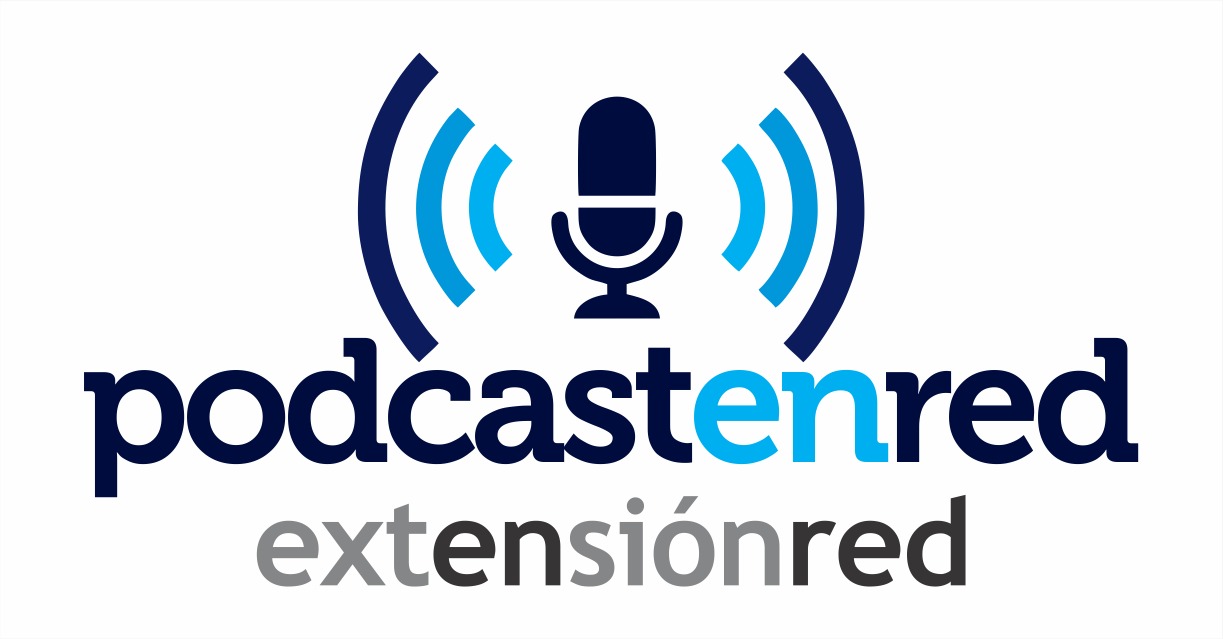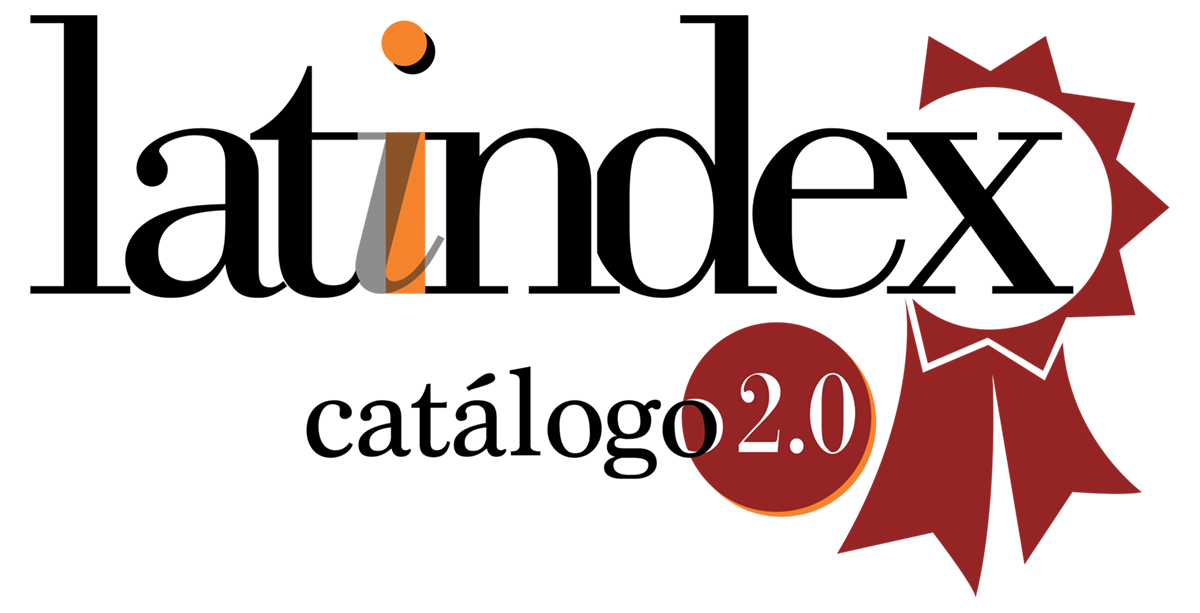Reducción de residuos orgánicos urbanos. Capacitación pública sobre compostaje y lombricompostaje
Abstract
La Facultad de Ciencias Agrarias y Forestales de la Universidad Nacional de La Plata ha llevado adelante un proyecto de extensión partiendo de que, cerca del 50% de la basura domiciliaria, está formada por materia orgánica factible de ser procesada y convertida en abono en los propios lugares de origen, pudiendo utilizarse en jardinería o huerta familiar. Por ello, se han realizado talleres de educación ambiental para generar conocimiento, reflexión y capacitación en el tratamiento de los residuos, articulando con un equipo interdisciplinario de trabajo que incluye a alumnos universitarios y no docentes.
De esta manera, se buscó alentar una política educativa en la sociedad para la inmovilización y consiguiente reducción de basura que se arroja a los rellenos sanitarios, disminuyendo también la recolección, transporte y riesgos a la salud. El proyecto contempló convocar al vecino para valorar el hábitat, difundiendo sistemas de lombricompostaje factibles de aplicarse en los hogares. Además, los habitantes pudieron tener contacto virtual con el equipo mediante una página Web y en el Parque Saavedra se han realizado encuestas, distribuido gacetillas con los conceptos básicos y se ha creado la Unidad Técnico Demostrativa (UTD) de lombricompostaje (y se tiene proyectado una para heces caninas), buscando propiciar su implementación en otros espacios públicos tales como el Paseo del Bosque, el Jardín Zoológico y el Mercado Municipal.
Palabras Clave: reutilización, reciclado, ambiente, educación.
Downloads
Downloads
Published
How to Cite
Issue
Section
License
The acceptance of an original by the journal implies the non-exclusive transfer of the patrimonial rights of the authors in favor of the publisher, who allows the reuse, after its edition (postprint), under a Creative Commons License Attribution-NonCommercial-ShareAlike 4.0 International.
According to these terms, the material can be shared (copy and redistribute in any medium or format) and adapted (remix, transform and create another work from the material), provided that a) the authorship and the original source of their publication (magazine and URL of the work) are cited, b) is not used for commercial purposes and c) the same terms of the license are maintained.
The assignment of non-exclusive rights implies that after postprint in Extensión en red authors may publish their work in any language, media and format; in that case, it is requested that they signal that the material was originally published by this journal.
Assignment also entails the authors’ authorization for the work to be collected by SEDICI, the institutional repository of the Universidad Nacional de La Plata, and for it to be indexed in the databases that the publisher thinks appropriate for enhancing the visibility of the published work and its authors.
In addition, the journal encourages authors to submit their works to other institutional and thematic repositories after their publication in Extensión en red, under the assumption that offering society unrestricted access to scientific and academic production contributes to a greater exchange in global knowledge.








.jpg)

.png)


.png)





















